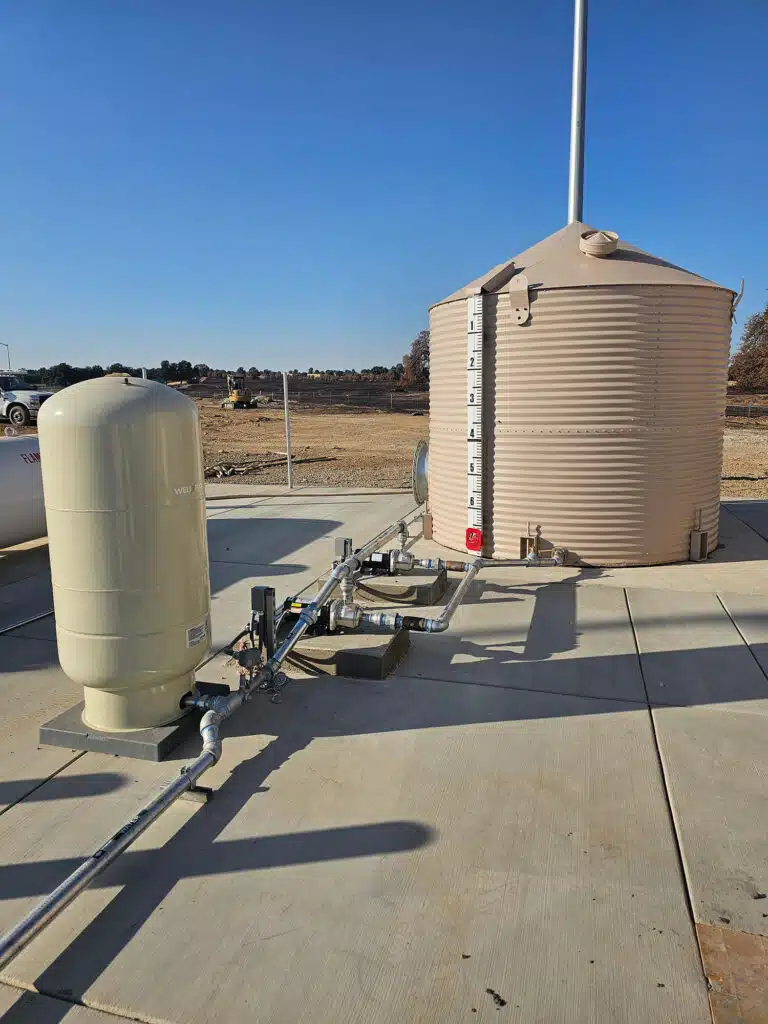In legal proceedings, transparency is key, and one of the most crucial elements ensuring transparency is disclosure. The Munley Law Glossary defines disclosure as the process of making relevant information known or available, especially during legal cases, contracts, or negotiations. Disclosure helps maintain fairness and justice by allowing all parties involved in a case to have access to the same information, reducing the likelihood of surprises or hidden facts that could skew the outcome of legal matters. In the legal space, disclosure plays an essential role across various types of law, such as criminal, civil, and corporate law.
Types of Legal Disclosure
Pretrial Disclosure
In many legal cases, especially civil litigation, pretrial disclosure involves the sharing of evidence, documents, and witness information between the parties before a trial begins. This process, known as “discovery,” is a fundamental part of ensuring a fair trial. During this stage, parties are required to disclose all relevant evidence they intend to use in court, as well as information that may help the opposing side. Pretrial disclosure prevents trial by ambush, ensuring that neither party is taken by surprise during the proceedings.
Criminal Disclosure
In criminal law, the prosecution is typically required to disclose evidence to the defense, especially any information that may exonerate the defendant, known as “exculpatory evidence.” This requirement is based on constitutional rights that aim to protect individuals from wrongful convictions. Failing to disclose critical evidence can lead to a mistrial or the overturning of a conviction on appeal.
Corporate and Financial Disclosure
In the corporate world, disclosure is crucial for protecting investors and maintaining market integrity. Publicly traded companies are required by law to disclose financial information and material events that could impact stock prices or shareholder decisions. This type of disclosure ensures that all investors have equal access to the same information, preventing insider trading and market manipulation. Corporate disclosures may include earnings reports, merger announcements, and significant changes in leadership.
Contractual Disclosure
In contract law, disclosure refers to the obligation of parties to share relevant information before entering into a binding agreement. Failure to disclose material facts, such as defects in a property sale or hidden liabilities in a business transaction, can lead to claims of misrepresentation or fraud. Contractual disclosures help ensure that both parties are entering into the agreement with full knowledge of the facts, allowing for informed decision-making.
The Role of Disclosure in Legal Cases
Disclosure is essential to maintaining the integrity of the legal system. By ensuring that all relevant information is shared between parties, disclosure allows for a more balanced and informed legal process. It can have several significant effects on a legal case, including:
Promoting Fairness
One of the primary goals of disclosure is to level the playing field. By providing access to key information, disclosure helps ensure that one party does not have an unfair advantage over the other. In civil cases, both the plaintiff and the defendant have the right to request and receive documents, records, and evidence that are pertinent to the case. This process encourages settlement discussions and allows each side to properly prepare for trial.
Encouraging Settlements
With full disclosure, the likelihood of reaching a settlement before trial increases. When both parties know the strengths and weaknesses of their cases, they are more likely to negotiate a resolution that avoids the costs and risks of going to court. If disclosure reveals that one side has significantly stronger evidence, the other party may be more inclined to settle rather than risk an unfavorable outcome at trial.
Avoiding Surprises in Court
Trials are unpredictable by nature, but disclosure aims to reduce surprises. By requiring parties to share all relevant information, the legal process becomes more predictable and efficient. Surprises in court, such as the sudden introduction of new evidence, are generally frowned upon and may be grounds for objections or even a mistrial. Disclosure ensures that both sides have a fair opportunity to respond to all evidence and prepare their cases accordingly.
Legal Obligations and Limitations on Disclosure
While the principle of disclosure is integral to fairness in legal proceedings, there are certain legal obligations and limitations that apply:
Attorney-Client Privilege
Not all information is subject to disclosure. Attorney-client privilege protects confidential communications between a lawyer and their client. This privilege is designed to encourage open and honest communication between clients and their legal representation. Unless the privilege is waived, privileged communications are generally exempt from disclosure in legal proceedings.
Confidentiality Agreements
In some cases, parties may enter into confidentiality agreements that limit the disclosure of sensitive information. These agreements are often used in business disputes or settlements where the parties want to protect trade secrets, proprietary information, or the terms of a settlement. However, even with a confidentiality agreement in place, courts may order the disclosure of certain information if it is critical to the resolution of a case.
Public Interest Exemptions
Certain information may be exempt from disclosure if its release would harm the public interest. For example, in national security cases, the government may withhold sensitive information that could jeopardize public safety. Courts must balance the need for transparency with the potential risks of disclosure in such cases.
